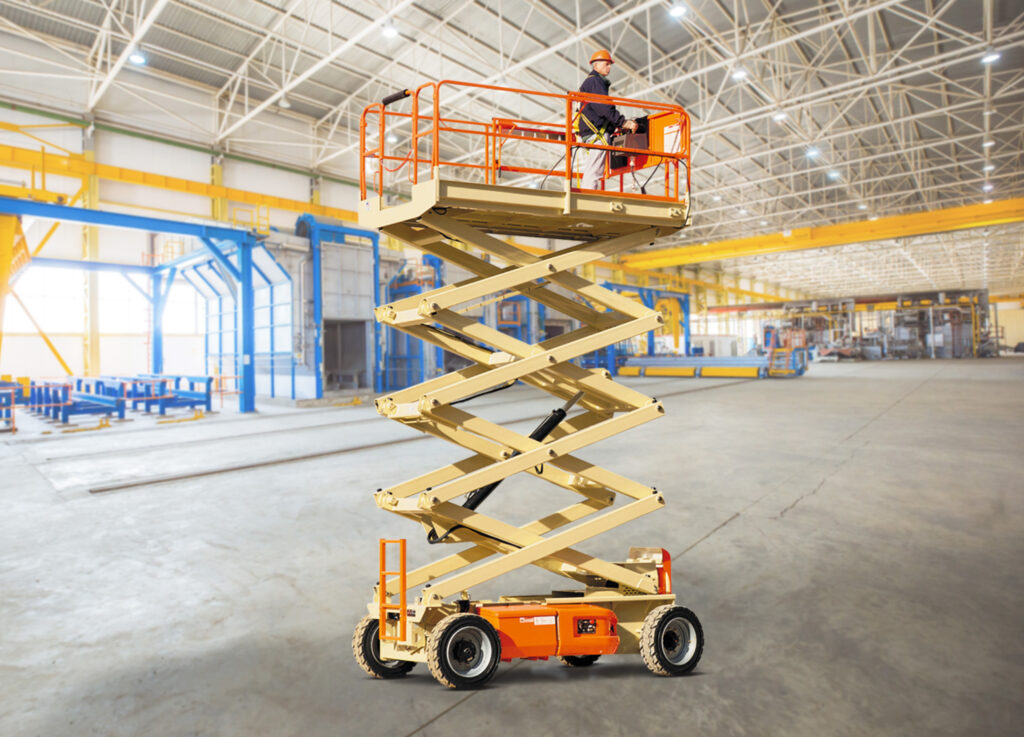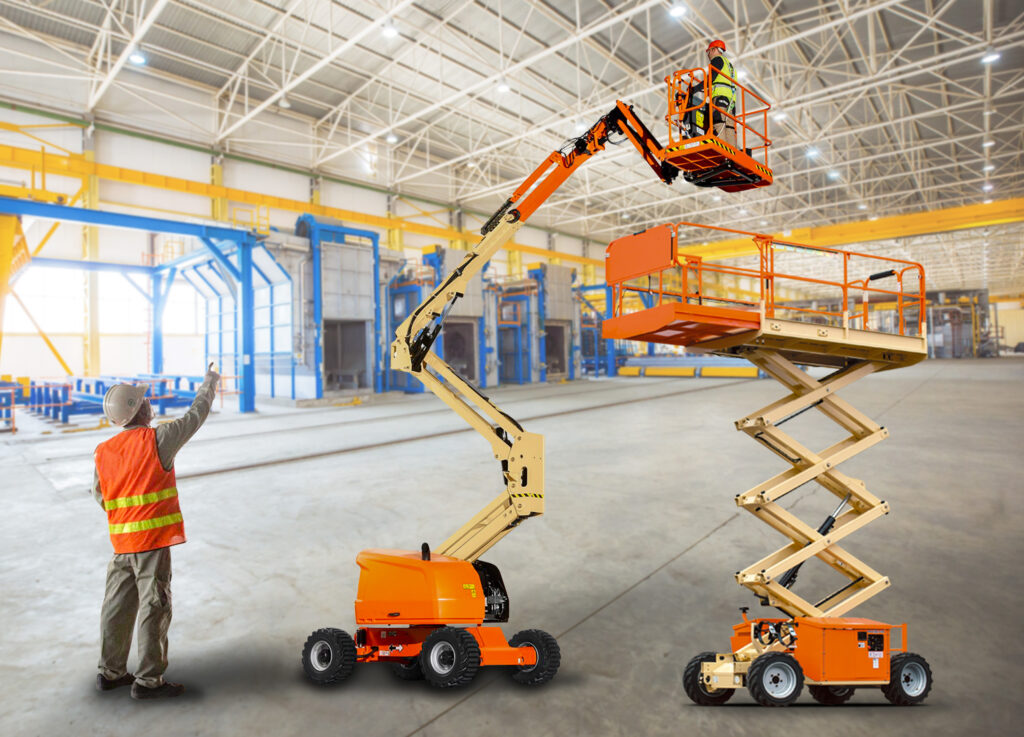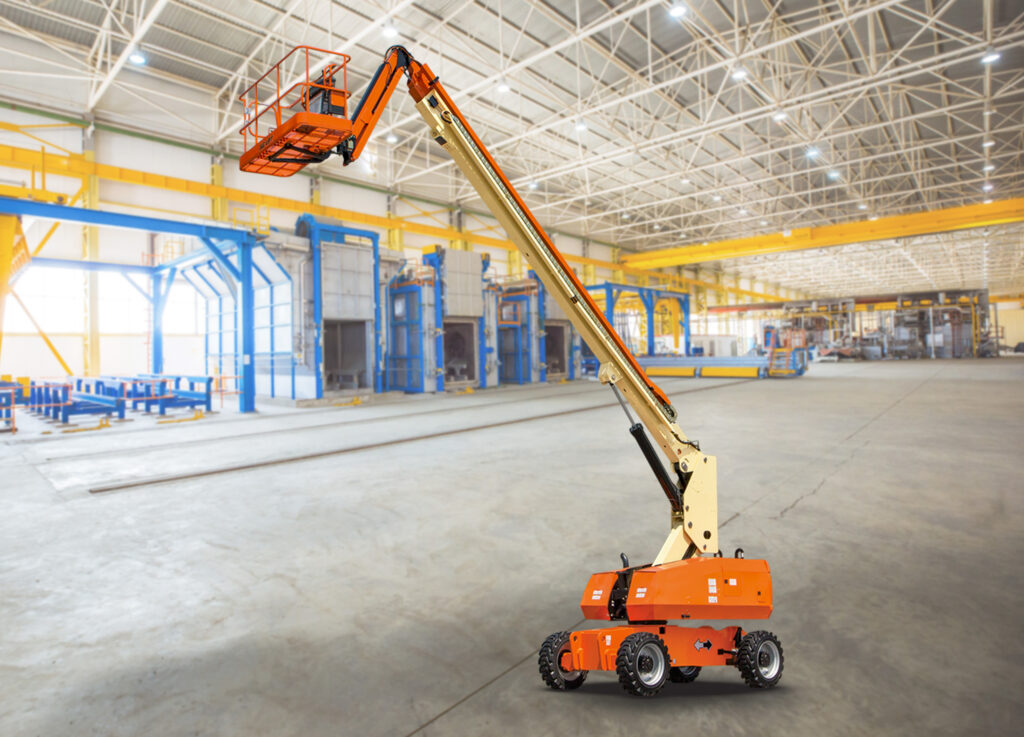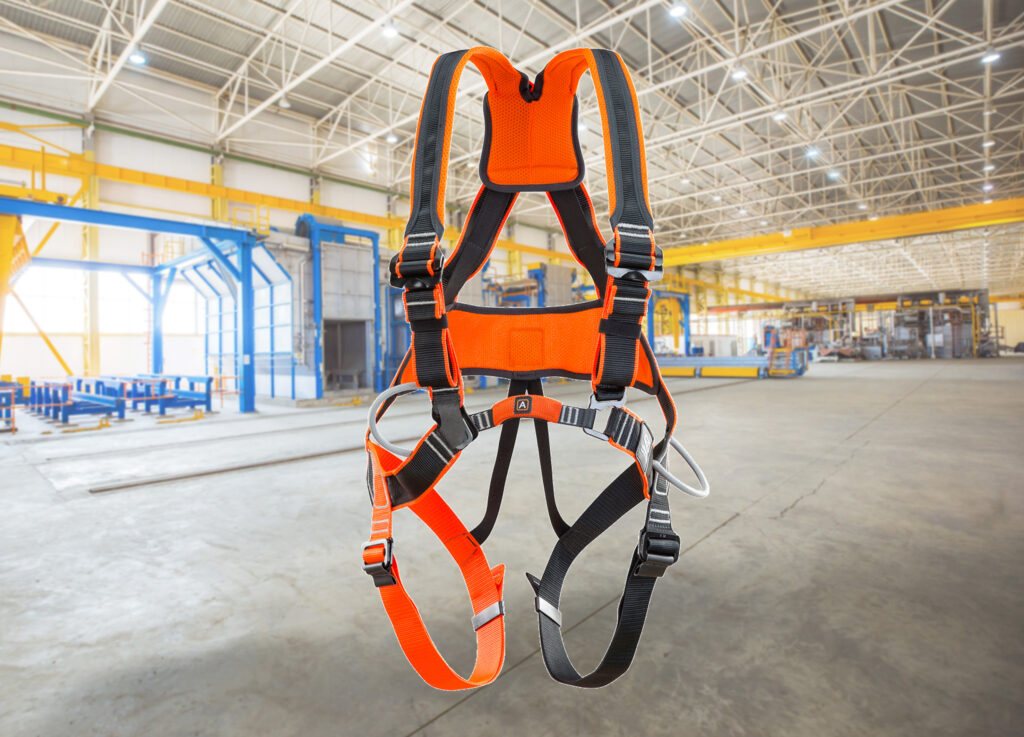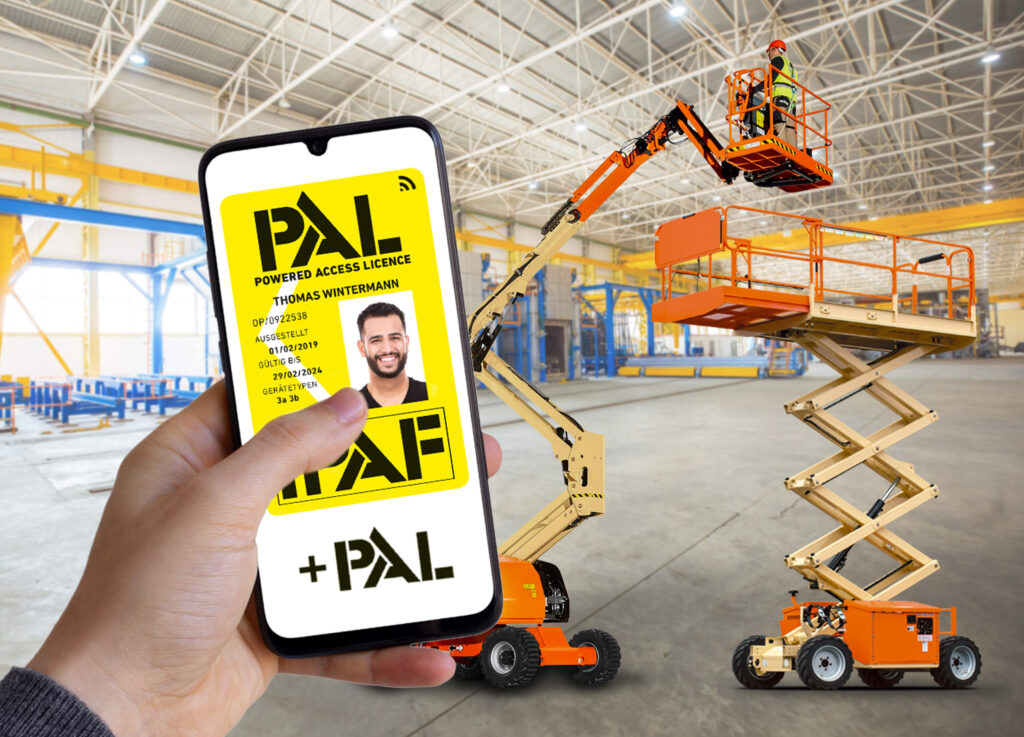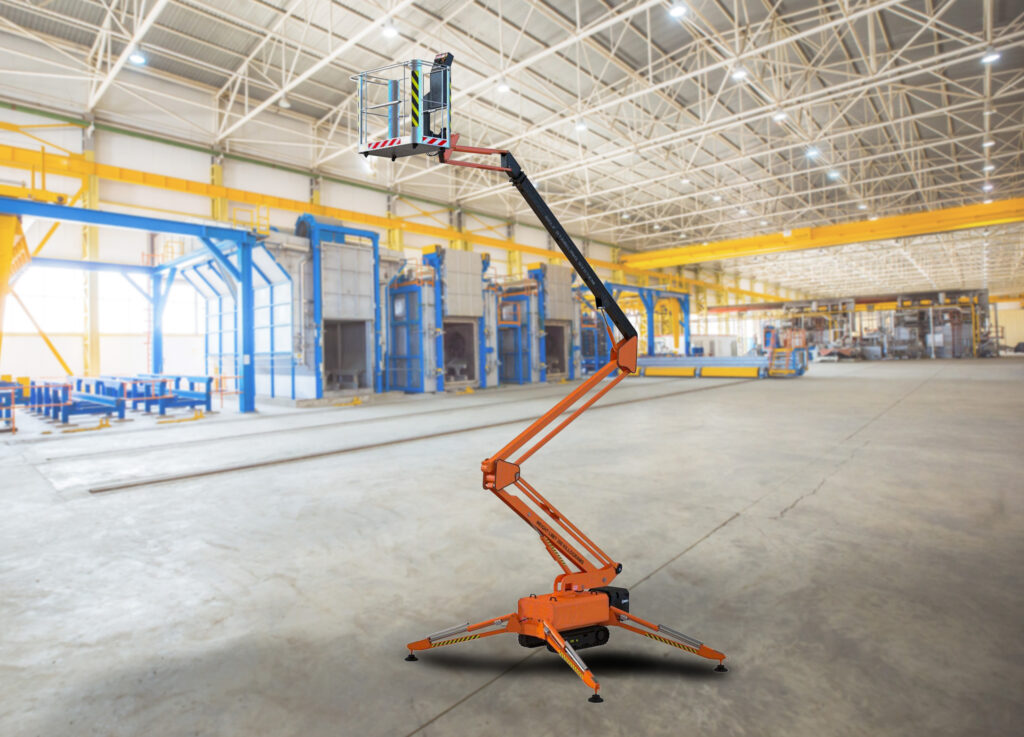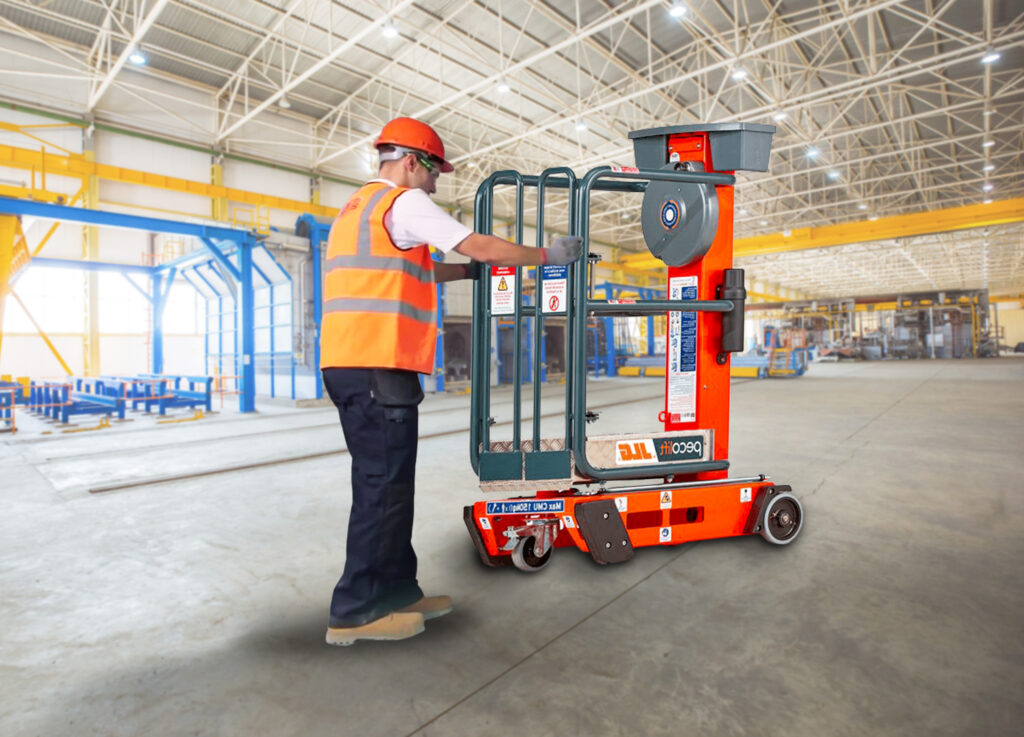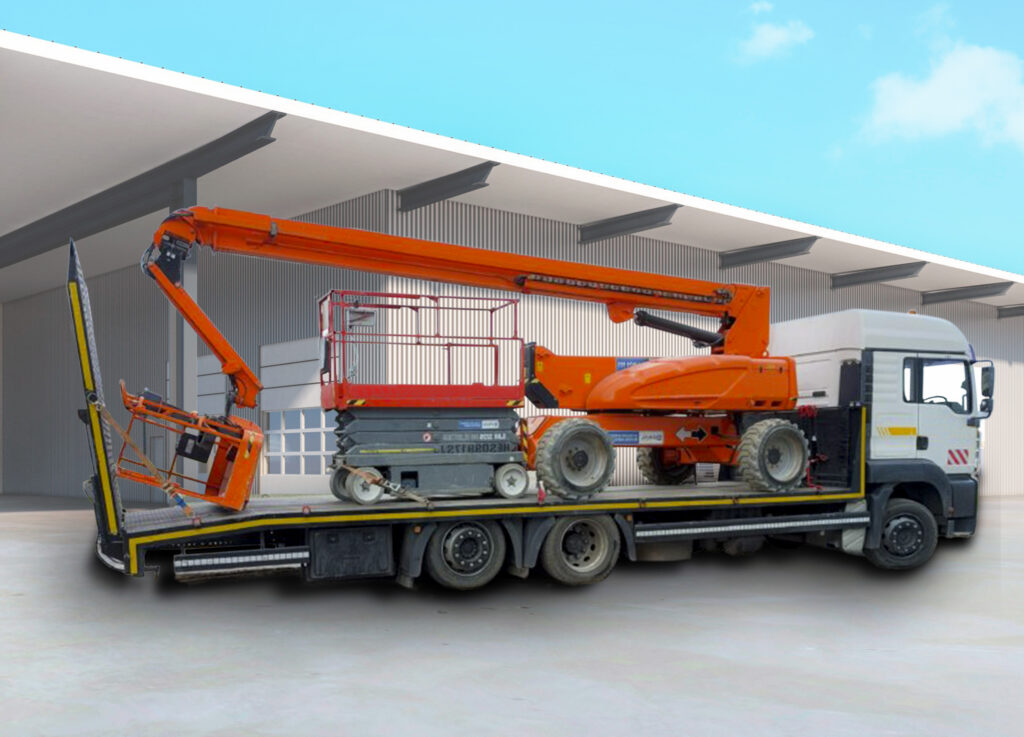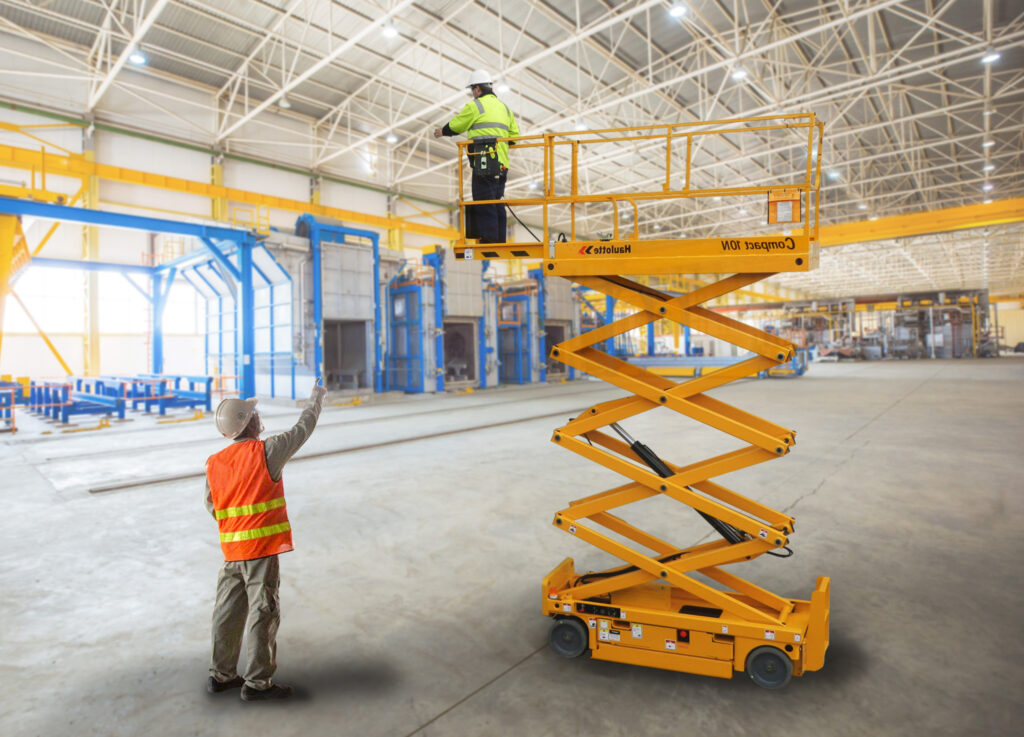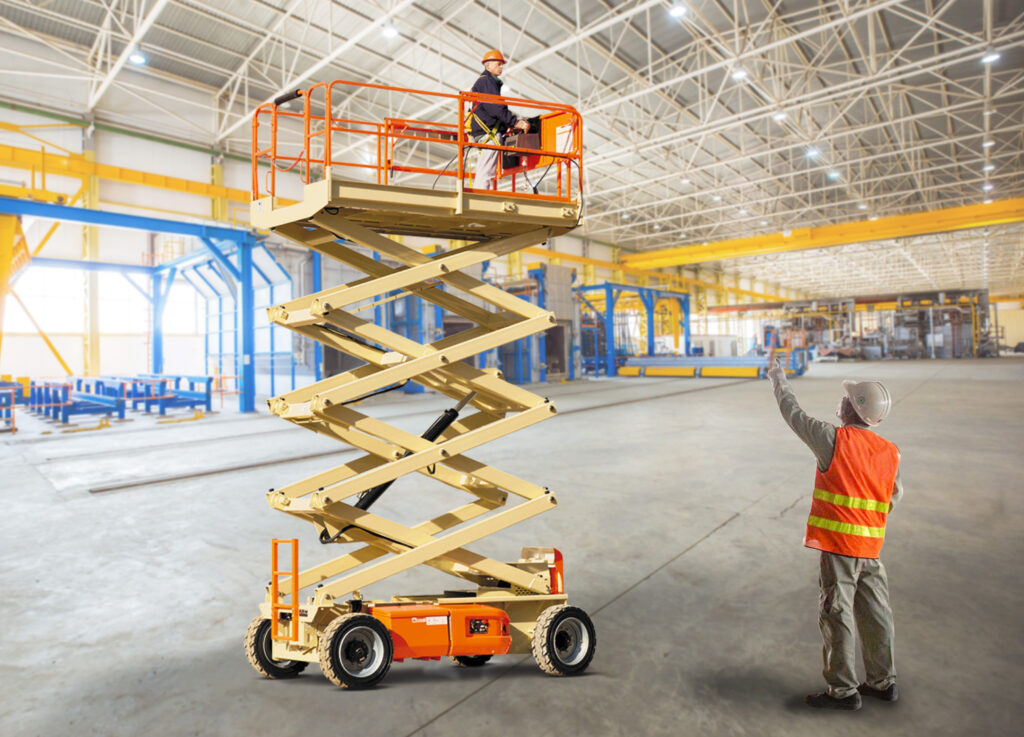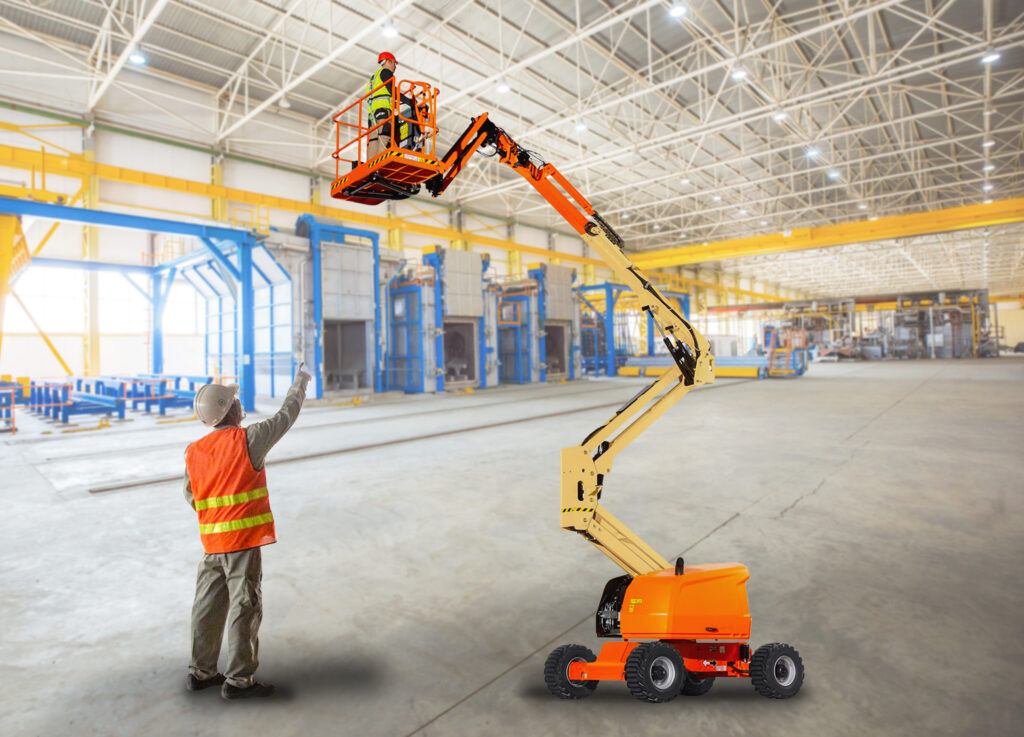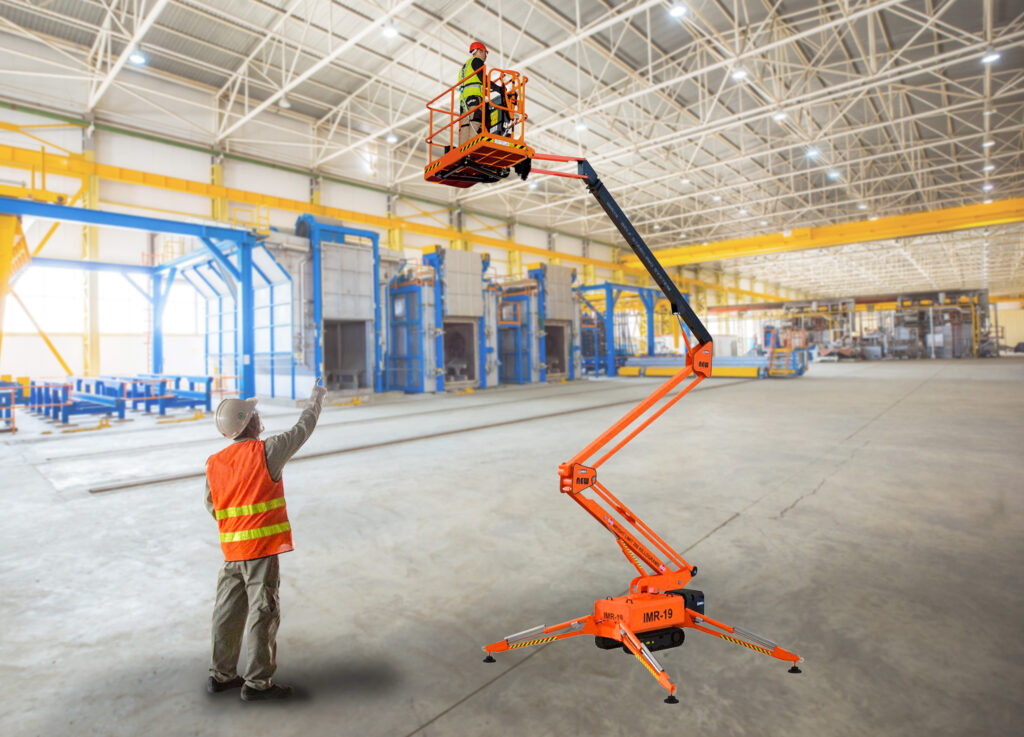Mobile Boom – Cherry Picker (3B)
In the dynamic world of construction and maintenance, the ability to operate cherry pickers safely and efficiently is paramount. Our IPAF Training – Mobile Boom – Cherry Picker (3B) programme is carefully crafted to provide attendees with the vital abilities and understanding needed to thrive in this domain.
Who is this course for?
We tailored this course for individuals keen on mastering the operation of mobile booms and cherry pickers. Whether you’re a newcomer seeking basic understanding or an experienced individual eager to update your abilities, this course suits you perfectly.
Why choose our course?
Our training stands out for several reasons:
- Expertise: Our trainers are industry veterans with vast hands-on experience.
- Comprehensive Curriculum: We cover both theoretical knowledge and practical skills.
- Safety First: Emphasising safety, we ensure participants are well-versed in best practices.
- Cutting-edge Tools: Learn with the most recent apparatus, guaranteeing you’re primed for the industry.
What does the course cover?
Attendees will explore:
- Basics of cherry picker operation.
- Safety protocols and emergency procedures.
- Maintenance and troubleshooting techniques.
- Practical sessions for hands-on experience.
Duration, Cost, Certification
The course spans one intensive day, ensuring thorough coverage without dragging on. It’s competitively priced, offering value for money. Upon finishing successfully, attendees will obtain a universally acknowledged IPAF certificate, evidencing their expertise.
Join our course today
Don’t let this chance pass by to uplift your abilities and improve your career potential. Enrol in our IPAF Training – Mobile Boom – Cherry Picker (3B) course today and pave the way for a brighter, safer future in the industry.
IPAF Training - Mobile Boom - Cherry Picker (3B)
The ipaf 3b Training Course caters to operators of ipaf mobile boom 3b lifts (also known as ipaf cherry picker) with a maximum platform height of 11 meters (36 feet) and a horizontal outreach of up to 6.5 meters (21 feet).
The course addresses both theoretical and practical components of utilizing a 3B lift, covering topics such as:
- Health and safety regulations and guidelines related to MEWPs
- Inspection and maintenance checks prior to use.
- Safe operation of the 3B boom, including starting, moving, and stopping procedures
- Procedures for emergency lowering.
- Application of personal protective equipment (PPE).
- Working near or with overhead obstacles and electrical hazards
- Setting up and shutting down the 3B MEWP
The IPAF 3B course, designed for both beginners and seasoned operators, combines classroom-based theoretical sessions with hands-on practical exercises. Course duration typically spans one day, but it may vary depending on the number of trainees and their prior experience.
Upon successful completion, participants receive an internationally recognized IPAF PAL card, valid for five years. The PAL card serves as proof that the holder has undergone training and demonstrated the essential skills and knowledge to safely operate an IPAF 3B lift. Additionally, the cherry-picker course price is competitive, making it an excellent investment for those looking to expand their capabilities in the industry.
Course Objectives
The course objectives for 3b IPAF Training Course, which is designed for operators of mobile boom lifts, typically include:
1. Health and safety: Understanding the relevant health and safety regulations and guidelines related to MEWPs, including the importance of risk assessments, safe systems of work, and the use of personal protective equipment (PPE).
2. Machine preparation: Familiarizing with the machine and its controls, conducting pre-use inspection and maintenance checks, identifying and rectifying faults, and ensuring that the machine is in good working condition.
3. Safe operation: Operating the machine safely and efficiently, including starting, moving, and stopping procedures, steering and maneuvering the machine, and working at height.
4. Emergency procedures: Knowing what to do in the event of an emergency, including emergency lowering procedures, dealing with mechanical or electrical faults, and raising the alarm.
5. Hazard awareness: Identifying and avoiding hazards, such as overhead obstructions, electrical hazards, uneven surfaces, and unstable ground conditions.
6. Planning and organization: Understanding the importance of planning and organizing work activities, including identifying the work area, assessing the risks, and communicating with other workers and the supervisor.
7. End-of-work procedures: Shutting down the machine safely, parking the machine securely, and conducting post-use checks.
The ultimate objective of the 3b cherry picker training is clear. It aims to ensure operators have the necessary knowledge and skills. They need these to operate the mobile boom lift safely and efficiently. The training helps to minimize the risk of accidents and injuries. Additionally, it aids in complying with relevant health and safety regulations. These also include following the necessary guidelines.
Who Should Attend IPAF Training - Mobile Boom - Cherry Picker (3B) course?
The ipaf cherry picker training caters to people needing to operate mobile boom lifts. These lifts have a maximum platform height of 11 meters. They also have a horizontal outreach of up to 6.5 meters. This training is essential for their work. It encompasses operators, supervisors, managers, and other personnel. They are responsible for using 3b mobile boom lifts. These lifts are used on construction sites, factories, and warehouses. They are also used in other workplaces requiring elevated work platforms. The course is suitable for both novice and experienced operators. They need to improve their knowledge and skills. This training helps in operating mobile boom lifts safely and efficiently.
Requirements for candidates:
1. Age: Candidates must meet the minimum age requirement of 16 years.
2. Literacy: Candidates must possess adequate literacy skills to comprehend safety notices and manufacturer's instruction manuals fully.
3. Physical fitness: As the course includes operating MEWPs, candidates must be physically fit and in good health.
4. Eyesight and hearing: Candidates should not have problems with eyesight or hearing that could affect their ability to operate the MEWP safely.
5. Formal qualifications: No formal qualifications are required to attend the course.
It's important to note that specific candidate requirements may vary based on the training provider and the type of IPAF training course on offer.
The statement also recommends that participants inform their employer if they experience any challenges with literacy or language comprehension, or if they have any reservations about their physical fitness to operate a MEWP. The employer can conduct an assessment and put in place adequate measures to ensure the delegate's safety while operating the MEWP.
Moreover, the statement specifies the personal protective equipment (PPE) that is mandatory for IPAF Operator training courses, which includes photo identification, a safety helmet, safety boots or shoes, gloves, a hi-vis vest, and a full-body harness with an adjustable restraint lanyard.
Duration of IPAF Training - Mobile Boom - Cherry Picker (3B)
1 day.
What to expect
The IPAF Operator training courses typically consist of three parts: theoretical classroom-based training, a written or e-learning assessment, and practical training and assessment.
During the theoretical session, the instructor will deliver a presentation. It covers important safety guidelines and regulations. Also included are MEWP types and usage, pre-use inspection, and emergency procedures. The instructor will also provide guidance on MEWP operation. This includes how to position the MEWP, operate the controls, and conduct routine maintenance.
After the theoretical session, candidates need to complete a written or e-learning assessment to demonstrate their understanding of the material covered during the training.
The practical training and assessment involve the hands-on experience in operating a MEWP under the supervision of a qualified IPAF instructor. This part of the training will cover practical skills such as machine pre-use inspection, manoeuvring the MEWP, operating the platform controls, and working at height safely.
e-Learning
The IPAF-enhanced e-learning module is a flexible training program that permits participants to obtain and enhance the necessary knowledge without the confines of a physical classroom environment. The module consists of interactive videos, games, quizzes, and simulations, and takes around three hours to complete. The class is offered in multiple languages and can be accessed on various devices, such as PCs, Macs, tablets, and smartphones.
Completing the e-learning alone does not qualify you as an operator. In order to obtain a PAL License as evidence of their proficiency in IPAF Operator training, trainees must undergo and pass a practical training and testing session that lasts at least half a day.
Moreover, besides the IPAF Operator training course, IPAF also presents an e-learning course for managers tasked with planning, supervising, or managing the use of MEWPs in their workplace. This course, named IPAF MEWPS for Managers, unfolds entirely online, encompassing topics such as risk assessment, selection of MEWPs, and supervision of operators.
It's crucial to highlight that candidates might encounter refusal for entry onto the practical training if they do not complete the e-learning module.


